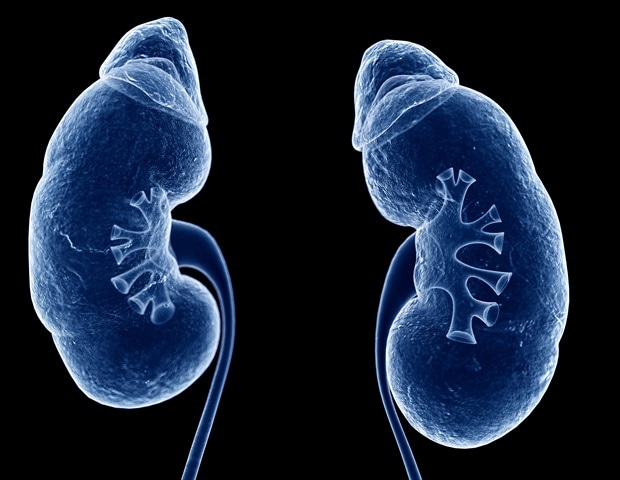A group of essential signaling molecules known as the Wnt pathway emerged early in the evolution of multicellular life. Scientists have been studying Wnt actions for four decades to comprehend its complex roles in development and disease. In development of the mammalian kidney, USC Stem Cell scientists from Andy McMahon's lab undertook a pair of complementary studies, published today in the journal Development , that provide new insight into the critical role of Wnt signaling in initiating the development of the mammalian kidney.
"Many stem and progenitor cells require Wnt signaling, and the kidney is a particularly interesting example, because the level of signaling may have profoundly different outcomes," said corresponding author McMahon, who is the W.M. Keck Provost and University Professor of Stem Cell Biology and Regenerative Medicine, and Biological Sciences at the Keck School of Medicine of USC.
By enhancing our knowledge of how Wnt signaling acts in the developing kidney, these two papers provide insights that can guide efforts amongst USC collaborators in the Synthetic Kidney Consortium to build kidneys from stem and progenitor cells as a new treatment option for patients." Andy McMahon, Keck School of Medicine of USC Both studies focus on the progenitor and stem cells that form the kidney's filtering units, known as nephrons, in embryonic mice. "Nephron progenitor cells cease to exist by the time humans are born," said Helena Bugacov, who is a first author on both .


















